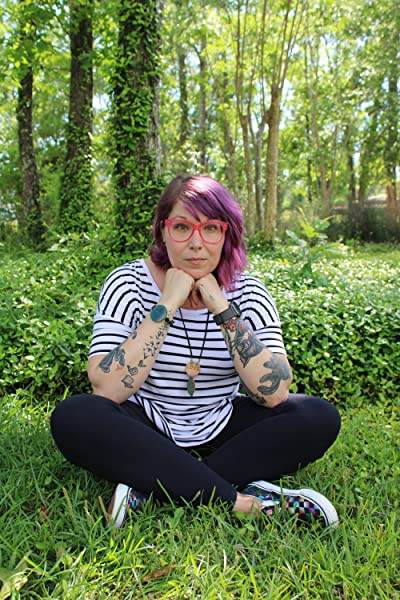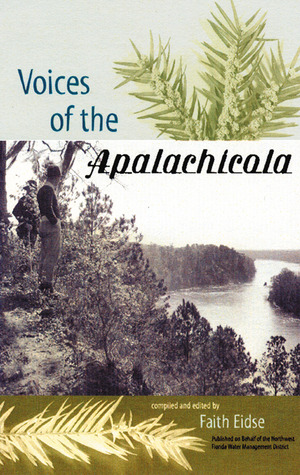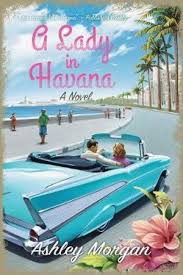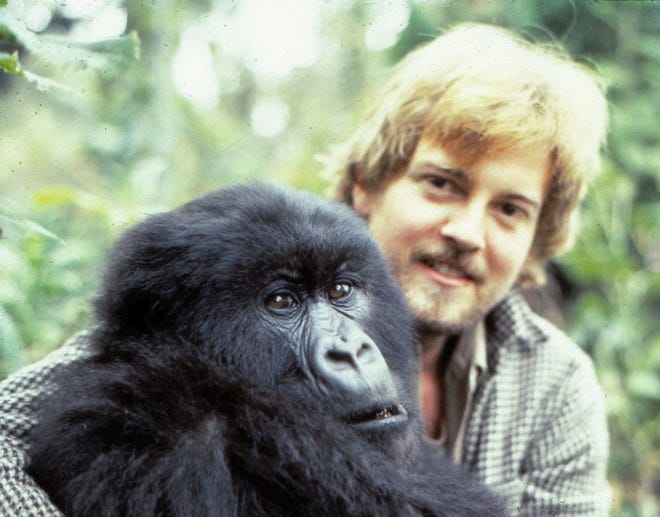In the wake of Harvey Weinstein, #MeToo and the fight for pay equality, more and more people are recognizing and discussing sexism as the deeply prevalent issue it is. But for many, this issue is one they’ve experienced, investigated, and studied for years. Kelly J. Baker, PhD, the editor of the feminist newsletter Women in Higher Education, is one of those people.
When I asked Baker, a Tallahassee resident who earned her doctorate in religious studies at Florida State University, which of her six books is her favorite, she didn’t hesitate.
“It’s this one,” she said. “I’m pretty proud of it, and it needed to be written.” She’s talking about Sexism Ed: Essays on Gender and Labor in Academia.
People imagine that because higher education is more progressive, more liberal, sexism isn’t as much of a problem; Baker said they’re wrong. The moment she knew gender was so important in the industry was when her request for paid maternity leave was turned down without a second thought.
“I was like, ‘Woah, there is an issue here about how women are treated,’” she said. “I needed to pay attention.’”
Baker said the more she looked into it, the more stories she heard. This was common, she realized. And it needed to be documented.
“If we can identify the problem, we can fix the system,” she said. “It’s not a lost cause.”
She’s telling me this while on a family camping trip in New Orleans, taking advantage of spring break. Her family, especially her kids, help her stay balanced, since she studies and writes about pretty heavy topics.
“I’m a pretty optimistic person, inherently hopeful,” she said. And she means it; she believes there is potential for change, for a better future. And with her persistence, her determination to look sexism in the face and study its causes and possible solutions, surely we’re already closer to that better future than we were before.
This article was first published by Midtown Reader.




